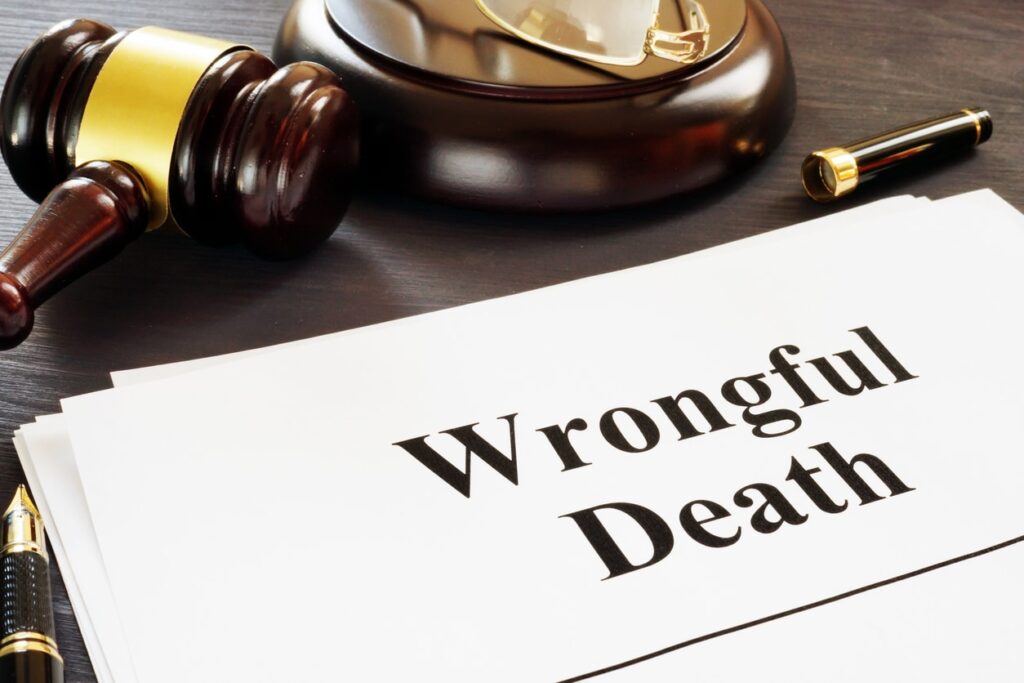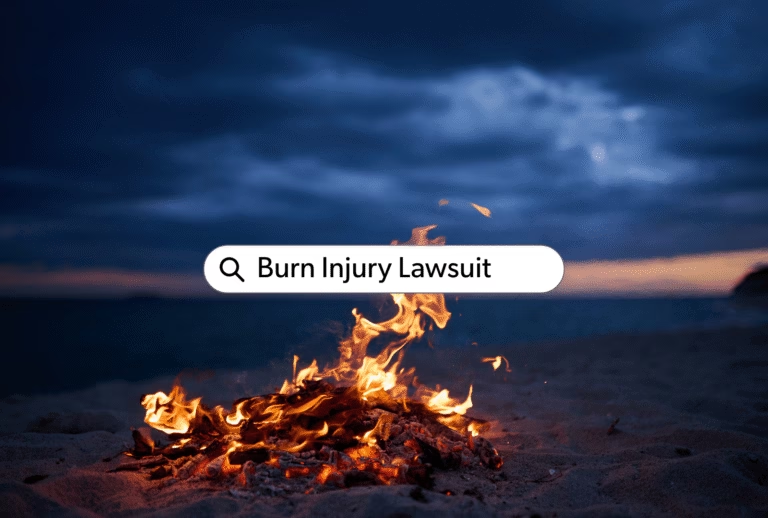In California, a wrongful death lawsuit is a civil lawsuit that can be filed by the family members or the estate of a person who has died as a result of the negligence or wrongful act of the responsible party. The purpose of a wrongful death lawsuit is to seek financial compensation for the losses suffered by the deceased person’s family members, such as loss of income, support, and companionship, as well as for any medical expenses and funeral costs incurred.
California Wrongful Death Lawsuit
To file a California wrongful death claim, the following requirements must be true:
- A death of a person must have occurred.
- The death must have been caused by the wrongful act or negligence of another person.
- There must be surviving family members, such as a spouse, children, or other dependents, who have suffered damages as a result of the death.
- A personal representative must be appointed to bring the lawsuit on behalf of the deceased person’s estate.
- The claim must be made within the timeframe of California’s wrongful death statute.
The statute of limitations for filing a wrongful death lawsuit in California is generally two years from the date of the person’s expiration. It’s important to consult with an experienced personal injury attorney as soon as possible if you believe you have a claim, as there may be exceptions to the statute of limitations that could affect your ability to file a lawsuit.
In addition to the damages above, punitive damages may also be awarded in cases of gross negligence or intentional misconduct.
It’s important to note that every wrongful death case is unique and the outcome depends on the specific circumstances of the wrongful death case. If you believe you have a California wrongful death case, it’s important to consult with legal representation who can advise you on your legal options and help you navigate the legal process.
California Wrongful Death Laws
California’s laws for wrongful death claims are designed to provide a legal remedy for the family members and beneficiaries of a person who has died due to the negligence or wrongful act of another.
- Who can file wrongful death cases?In California, a wrongful death lawsuit can be filed by the deceased person’s surviving spouse, domestic partner, children, or other dependents. If the deceased person did not have any surviving family members, the lawsuit can be filed by anyone who would be entitled to inherit the deceased person’s property under California’s laws of succession.
- Types of damages: Damages that can be awarded in California include both economic and non-economic damages. Economic damages are things like the deceased person’s medical bills, funeral expenses, and loss of income. Non-economic damages include compensation for the loss of the deceased person’s love, companionship, and emotional support.
- Statute of limitations: The statute of limitations for filing a wrongful death lawsuit in California is generally two years from the date of the person’s death. However, there may be exceptions to this rule depending on the circumstances of the case.
- Burden of proof: In a wrongful death claim, the plaintiff must show that the defendant was responsible for the deceased person’s death due to negligence or a wrongful act.
- Punitive damages:In some cases, punitive damages may be awarded in a wrongful death claims if the defendant’s actions were particularly egregious.
If you believe you may have a wrongful death claim, it’s important to consult with an experienced attorney who can help you file a wrongful death claim, advise you on your legal options, and help you navigate the legal process.
Who Can Sue For Wrongful Death In California?
Under California law, certain members of the victim’s family and other individuals can sue for wrongful death if their loved one has died as a result of someone else’s wrongful act or negligence. The following individuals are generally allowed to vie for the deceased’s estate in California:
- Spouse or domestic partner: A surviving spouse or domestic partner of the deceased person can bring wrongful death lawsuits.
- Surviving Children: The children of the deceased person. This includes both biological and adopted legal children, as well as stepchildren and children born outside of marriage.
- Parents: If the deceased did not have a spouse or children, their parents can bring a file a lawsuit.
- Other dependents: Other individuals who were financially dependent on the deceased, such as a putative spouse or a stepchild, may also be able to bring file for wrongful death action.
If there is more than one person who is eligible to bring a wrongful death lawsuit, they may file the lawsuit together as co-plaintiffs. If the lawsuit is successful, the damages recovered are typically distributed among the eligible plaintiffs in proportion to their degree of loss.
It’s important to note that the rules for who can bring a lawsuit can be complex, and there may be exceptions in certain cases. If you believe you have a wrongful death claim, it’s important to consult with an experienced personal injury attorney. Lawyers for Justice, P.C. offers a free consultation after a loved one’s death.
How Does A Wrongful Death Lawsuit Work – FAQ
how does a wrongful death lawsuit work? Typically, a lawyer requests monetary damages and financial support in an attempt to negotiate a settlement. If a settlement cannot be reached, on the victim’s death the case may go to trial.
who gets the money in a wrongful death lawsuit? The beneficiaries or financially dependent parties recoup wrongful death settlements. These are typically the people who filed the lawsuit.
how long do wrongful death lawsuits take? A wrongful death suit that is settled too quickly can miss essential compensation opportunities, which leaves leaves families with no other options to recover those costs. On average, if the case requires an investigation, it could take anywhere from one to four years from filing to completion.
how long does a wrongful death lawsuit take to settle? A straightforward wrongful death insurance claim can take about one to three months to settle. In California, insurance companies have a maximum of 40 days from receiving a wrongful death demand letter to respond. They may take longer, however, (see previous question) if they need more time for an investigation or claim review.
who pays for a wrongful death lawsuit? The liable party’s insurance company is the entity that can pay for in the lawsuit. If the liable party was uninsured, then they are personally responsible for paying any damages.
Last Updated on May 19, 2025



